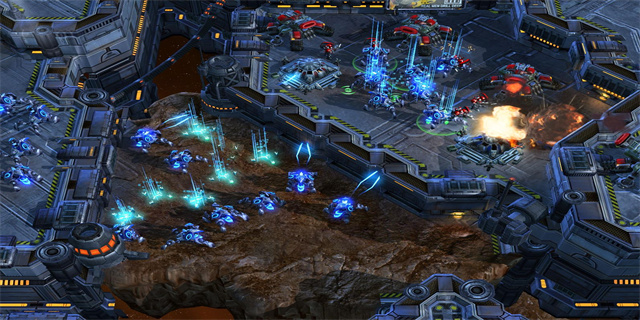scrabble(An Overview of the Game of Scrabble)
An Overview of the Game of Scrabble
Introduction
Scrabble is a popular word game that was first introduced in the 1930s. It is a game of strategy and vocabulary, where players compete to create words on a 15x15 grid board using letter tiles with different point values. This article provides an overview of the game of Scrabble, discussing its rules, strategies, and the benefits of playing.

The Rules of Scrabble
In Scrabble, players take turns to form words on the game board using letter tiles. Each player starts with a set number of tiles, and the goal is to score as many points as possible by creating high-scoring words. The game ends when all the tiles have been used or no more moves are possible. The rules of Scrabble are relatively simple:

- Players take turns to form words on the board, either horizontally or vertically.
- Words must be formed using the letter tiles on hand, and they can be connected to existing words on the board.
- Each letter tile has a point value, and the score is determined by adding up the points of all the letters in a word.
- Players can earn bonus points by placing tiles on special squares on the board, such as the double or triple letter score squares.
- The game ends when one player has used all their tiles and there are no more tiles left in the bag, or when no more moves are possible.
Strategies for Success
While Scrabble is a game of vocabulary, knowing a wide range of words is not the only path to success. Here are some key strategies that can help improve your Scrabble gameplay:
- Learn the high-scoring letters: Letters like 'Q', 'Z', and 'J' have high point values, so it's crucial to use them strategically. Try to save these tiles to create words with higher scores.
- Look for bonus squares: Placing tiles on the double or triple letter score squares can significantly boost your score. Plan your moves to take advantage of these bonus squares whenever possible.
- Create parallel words: Rather than focusing on long words, try to create multiple shorter words in parallel. This allows you to take advantage of existing letters while maximizing your score.
- Block your opponent: Pay attention to the board and try to block your opponent from creating high-scoring words. Place tiles strategically to limit their options and force them to use less valuable tiles.
- Use prefixes and suffixes: Learning common prefixes and suffixes can help you create new words easily. Understanding word patterns allows you to make the most of the tiles on hand.
The Benefits of Playing Scrabble
Playing Scrabble offers numerous benefits beyond just having fun. Here are some of the benefits that come with regularly engaging in this word game:
- Improved vocabulary: Scrabble helps players expand their vocabulary as they strive to find new words to play. Regular gameplay exposes players to a wide range of words, including uncommon and uncommonly used options.
- Enhanced cognitive abilities: Scrabble requires strategic thinking, word recognition, and decision-making skills. Regular gameplay can improve mental agility, concentration, and problem-solving abilities.
- Social interaction: Scrabble is a social game that can be enjoyed with friends and family. It provides an opportunity for bonding, friendly competition, and shared experiences.
- Stress relief: Engaging in a game of Scrabble can help relieve stress and improve mood. The concentration and focus required during gameplay can serve as a distraction from daily worries and pressures.
- Educational value: Scrabble is a educational tool that can be used to reinforce spelling, word formation, and language skills. It is often used in schools and educational settings to make learning fun.
Conclusion
Scrabble is much more than just a word game. It offers an enjoyable way to expand your vocabulary, challenge your mind, and connect with others. By understanding the rules and employing strategic gameplay, you can enhance your Scrabble skills and reap the many benefits that come with playing this timeless game.


暂无评论,839人围观